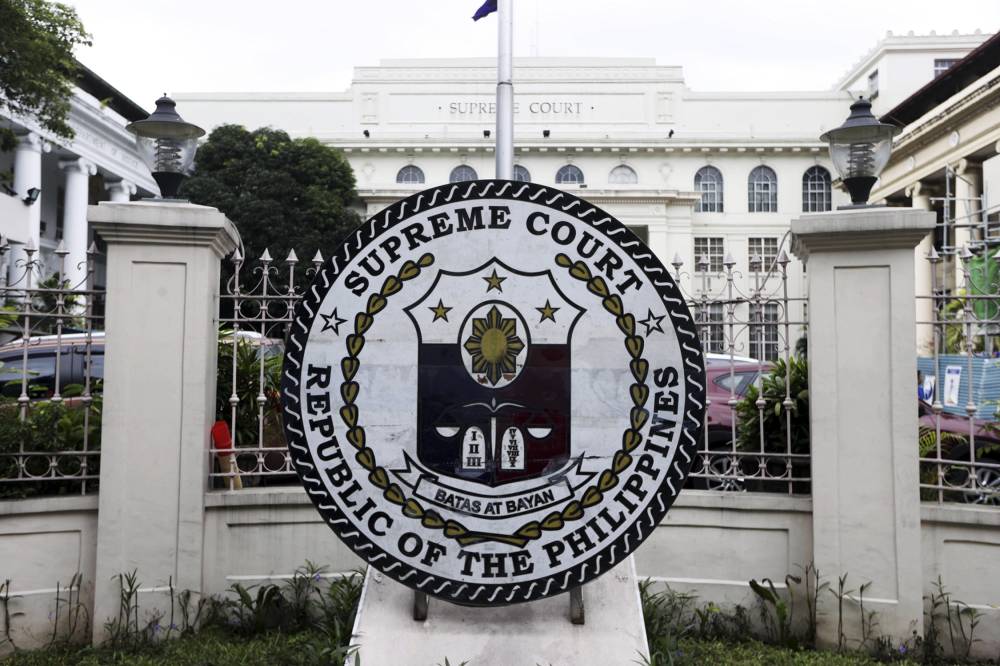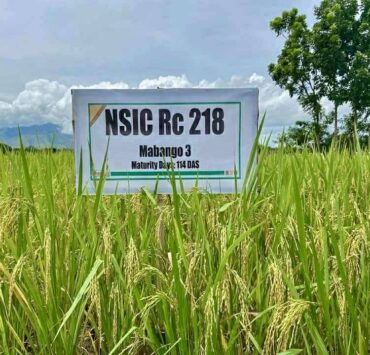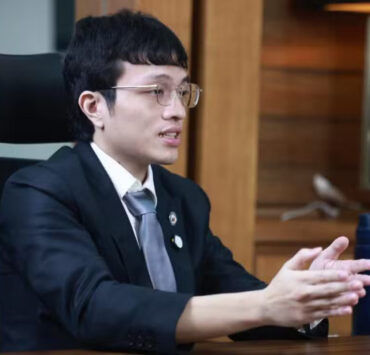SC: House invite to vloggers not in violation of right to free speech

The Supreme Court has dismissed a petition filed by a group of vloggers seeking to bar Congress from requiring their attendance at legislative inquiries over their social media posts, ruling that such action does not infringe on their right to free speech.
In a 31-page decision penned by Associate Justice Amy Lazaro-Javier, the high tribunal en banc held that merely inviting vloggers as resource persons was not a violation of their freedom of expression.
The Supreme Court also affirmed the authority of Congress to enact laws that punish forms of speech not protected under the Constitution, including those that “bring about a general disorder that threaten the State with a clear and present danger.”
“Certainly, the legislative branch cannot be expected to remain idle in light of such a substantial threat, particularly when they are expressly mandated to formulate measures to counteract the same,” it said.
The case stemmed from the petition filed by 17 vloggers who were invited to attend the congressional inquiry into the proliferation of disinformation online earlier this year.
They included former anti-insurgency task force spokesperson Lorraine Badoy-Partosa and former Palace press secretary Beatrix Cruz-Angeles.
Grave abuse of discretion
In seeking injunctive relief from the high tribunal, the social media personalities accused former Surigao del Norte Rep. Ace Barbers, the House of Representatives and its joint committees on public order and safety, information and communications technology and public information of gravely abusing their discretion when the lawmakers invited them as resource speakers in a legislative inquiry.
Barbers delivered a privilege speech on Dec. 4, 2024, describing a group of individuals as “trolls” and “malicious vloggers” as he vowed to take action against them.
That same month, several lawmakers filed a resolution authorizing the House tricommittee to conduct a joint inquiry in aid of legislation on the rampant posting of false and malicious content on social media platforms.
The petitioners were invited to attend the joint inquiry on Feb. 5. However, only three of them showed up, while others submitted excuse letters and some challenged the legality of the inquiry.
The tricomm then issued show-cause orders to the petitioners, directing them to explain why they should not be cited in contempt for not attending the hearing.
While some of them were able to attend the third hearing on Mar. 21, others stayed away.
Argument of petitioners
In elevating the case to the high tribunal, the petitioners argued that the House and the tricommittee gravely abused their discretion when they threatened the petitioners’ free exercise of speech, of expression and of the press.
They asked the Supreme Court to permanently enjoin the respondents from requiring them to appear in the inquiries and all other proceedings related to the content of their social media posts.
In the ruling on G.R. No. 278101 promulgated on July 8 and made public on Thursday, the high court said the mere act of inviting the vloggers as resource persons to an inquiry in aid of legislation did not violate their freedom of expression, as the move had “no relation at all to their exercise of free speech.”
“Since the questioned conduct did not curtail or regulate [the petitioners’] freedom of expression, the perceived chilling effect had no leg to stand on. There was no restraint on the freedom of expression that could trigger its application,” it added.
But the high court took note of instances during the hearings in which the manner of inquisition by some House members “may have appeared unruly, harsh, or derogatory,” effectively demeaning some of the invited resource speakers.
“This notwithstanding, albeit it is not the province of the Court to chastise or in any way discipline members of Congress, we find it apropos, in line with our mandate as guardians of people’s rights, to remind that resource speakers are not only guaranteed their constitutional rights during inquiries in aid of legislation,” it noted.
“They also deserve a reasonable expectation that the legislators conducting the inquiries will accord them courtesy and respect befitting that of any dignified human being,” it added.

















